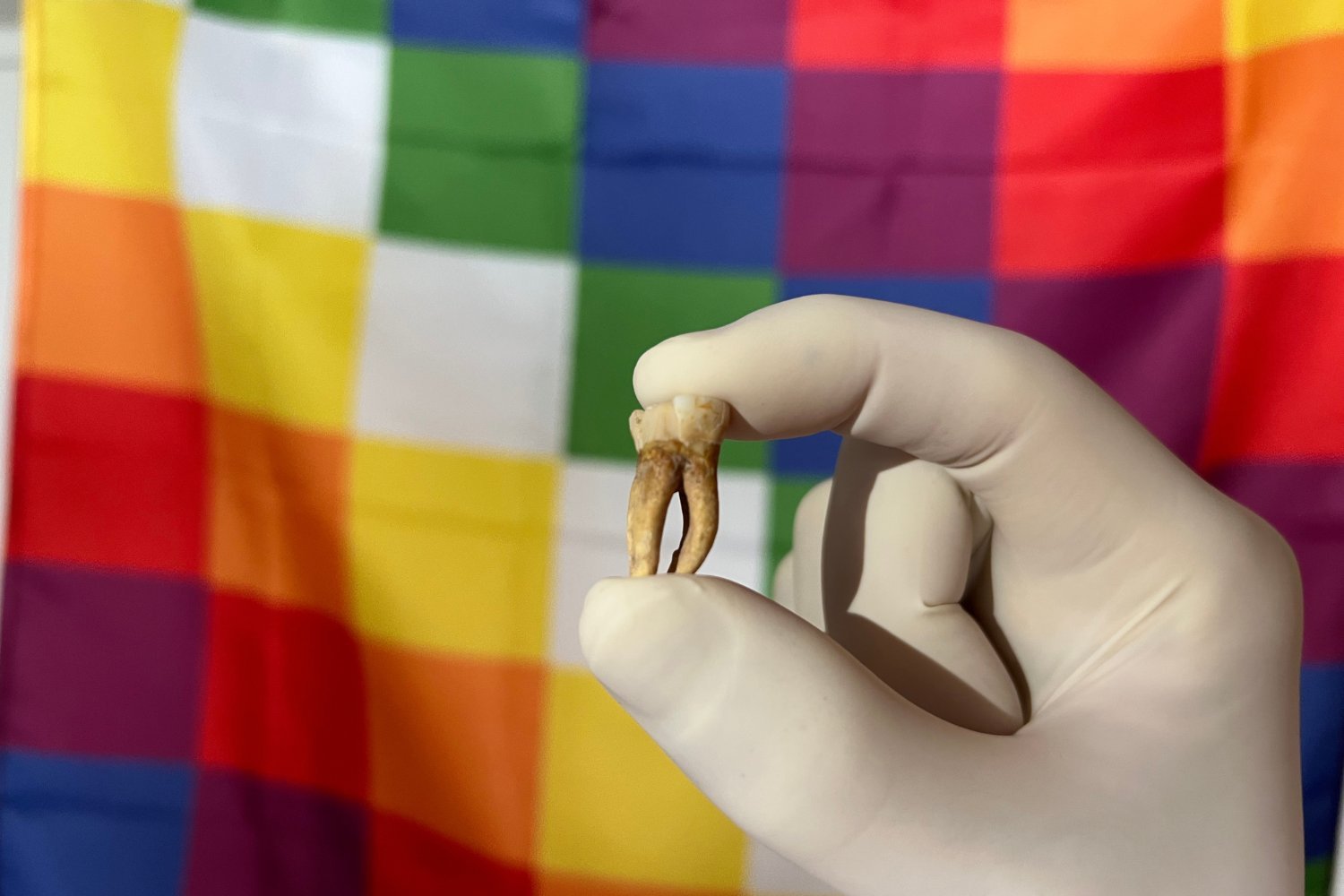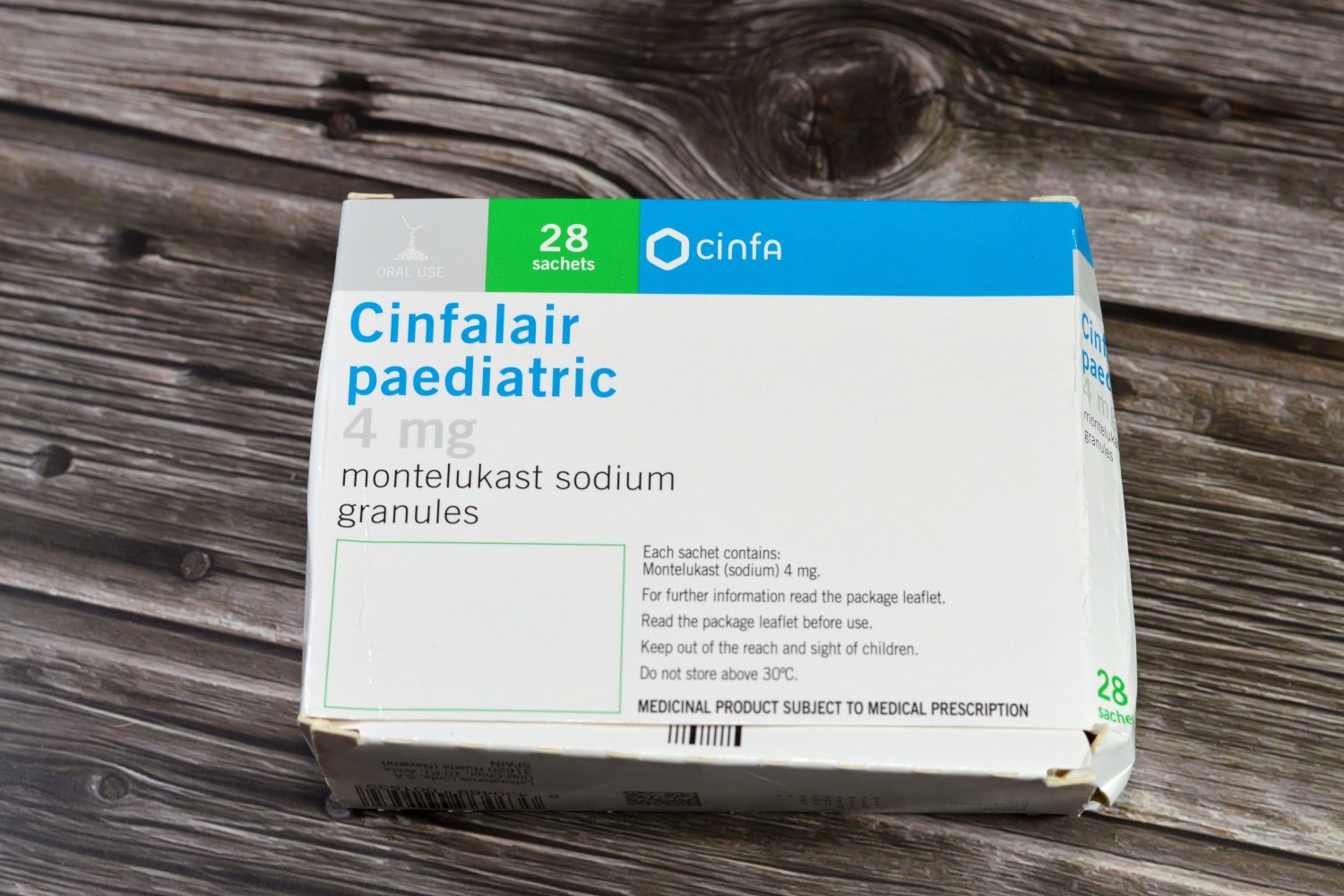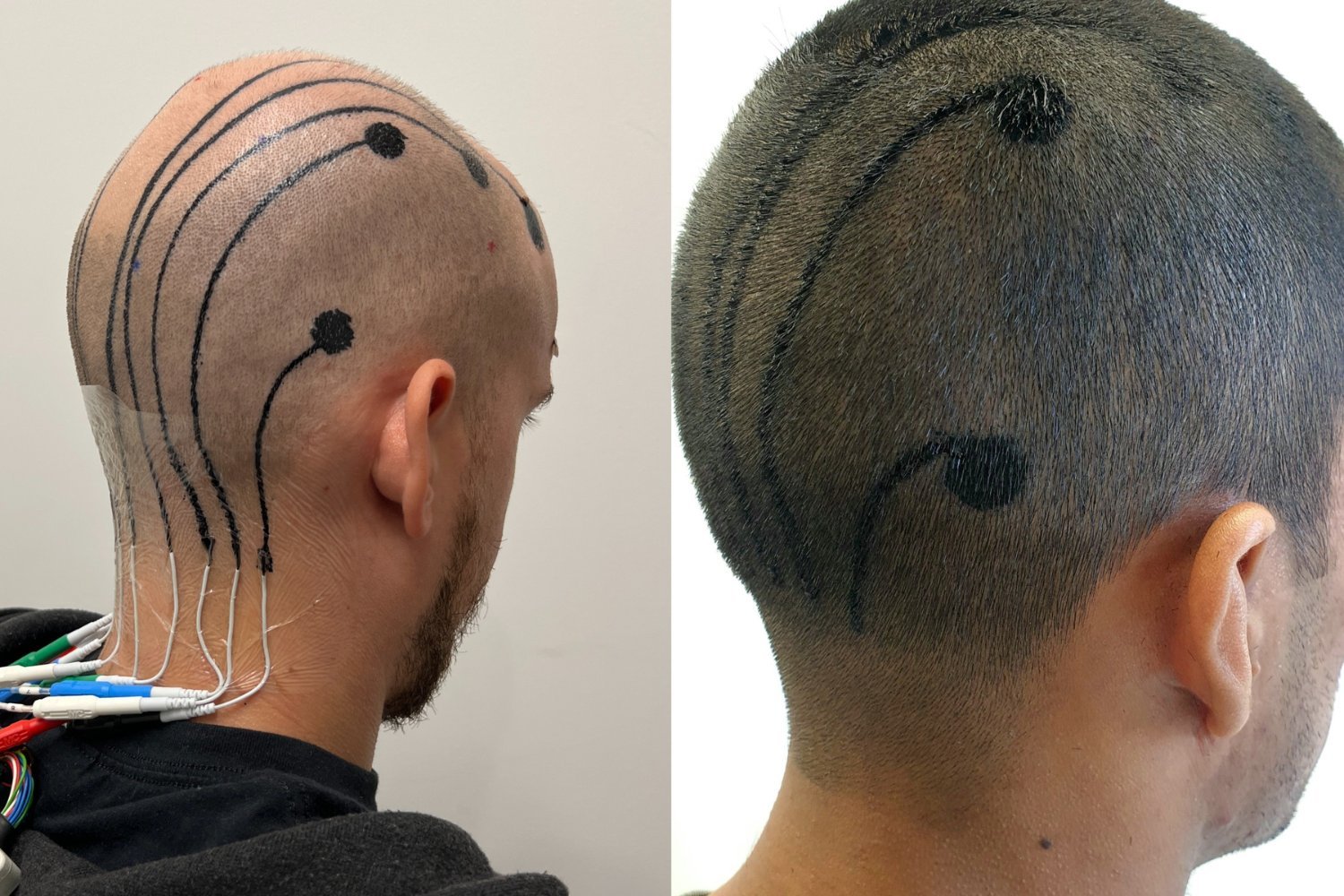The experimental Alzheimer’s drug, simufilam, developed by Cassava Sciences, has failed its latest Phase III clinical trial, casting a shadow over the company’s future and dealing another setback to the search for effective Alzheimer’s treatments. The drug, plagued by allegations of scientific misconduct and potentially fraudulent research, showed no significant improvement over a placebo in slowing cognitive decline in patients with mild to moderate Alzheimer’s.
This disappointing outcome, announced by Cassava Sciences on Monday, marks a critical turning point for simufilam, a twice-daily pill that had been touted as a potential breakthrough in Alzheimer’s therapy. The year-long randomized, controlled trial aimed to assess simufilam’s efficacy in slowing disease progression. However, the drug failed to meet both primary and secondary endpoints, indicating its lack of effectiveness compared to the placebo group.
The failure comes amidst a backdrop of serious allegations of scientific misconduct against Hoau-Yan Wang, a City University of New York (CUNY) professor and former advisor to Cassava. Wang has been accused of manipulating images, fabricating results, and skewing data related to simufilam research, potentially inflating the drug’s perceived effectiveness. While Wang stands accused of the most serious breaches of scientific integrity, critics have also raised concerns about Cassava’s own transparency and handling of the research.
In September 2024, Cassava Sciences agreed to pay over $40 million to the Securities and Exchange Commission (SEC) to settle charges related to its management of the Phase II simufilam trials. Concurrently, Wang agreed to pay a $50,000 fine. The SEC alleged that Wang had access to information that could have biased the study’s analysis, potentially influencing the results in favor of simufilam. The SEC also claimed that Cassava, its former CEO Remi Barbier, and former Senior Vice President of Neuroscience, Lindsay Burns, made misleading statements to investors based on the Phase II results. Specifically, Cassava purportedly claimed significant improvements in episodic memory without disclosing that these improvements were only observed in a select subgroup of patients and not reflected in the complete dataset.
Both Cassava and Wang settled with the SEC without admitting or denying the allegations. Following the charges, Cassava maintained that it cooperated with the investigation and implemented measures to prevent future research misconduct. The company also stated that Wang had no involvement in the Phase III trials. However, critics contend that the issues surrounding simufilam’s research extend beyond the Phase II trials, suggesting the drug’s efficacy was misrepresented from the outset.
With simufilam’s failure, Cassava Sciences faces an uncertain future. The company has no other drug candidates in development and had heavily invested in simufilam’s success. In response to the negative trial results, Cassava announced the early termination of its second Phase III simufilam trial, although it plans to release data from both trials. Meanwhile, Wang’s legal challenges continue. In June 2024, a federal grand jury indicted him for allegedly defrauding the National Institutes of Health (NIH) of approximately $16 million in grant funds, potentially linked to his Alzheimer’s research.
This latest setback underscores the complexities and challenges inherent in Alzheimer’s drug development. While the failure of simufilam is a significant disappointment, the continued pursuit of effective treatments remains a critical endeavor in the fight against this devastating disease.











